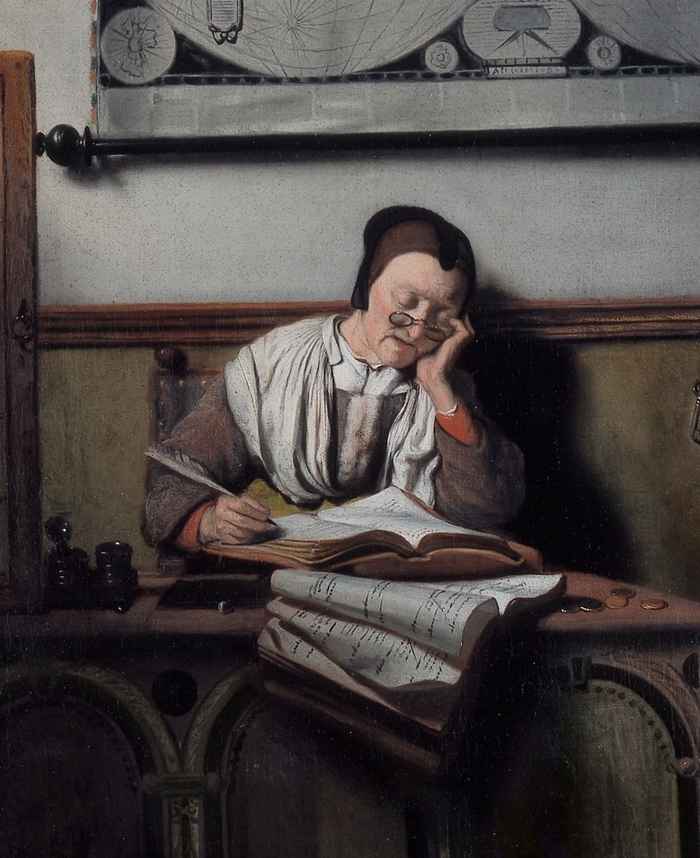Vossius Seminar
- Date
- 14 November 2022
- Time
- 15:30 -17:30
- Location
- BG 1
- Room
- 0.16
15:30 - 16:30 Arnab Dutta, University of Groningen
The League of Nations’ Committee for Intellectual Cooperation: Universalism, Civilisational Boundaries, and the Colonial Question
This talk explores how the League of Nations’ International Committee of Intellectual Cooperation (ICIC) and its Indian members framed, contested and negotiated the role of colonised nations in a broader framework of universal science/knowledge. Instituted in 1922 as one of the first global institutions trying to bring about an integrated world knowledge system and its place in broader visions of universal standards of scientific knowledge, the ICIC is often considered a prototype of intellectual and scientific internationalism, which in later decades paved the way for the creation of UNESCO. With humanists and classicists like Henri Bergson and Gilbert Murray at its helm and eminent natural scientists like Albert Einstein and Marie Curie representing their national scientific realms in an international institution, the committee strived to create a ‘new order’ of a common language and a universal scientific temperament conducive to what they thought as the role of knowledge in the internationalist world order. The committee’s universalist ambition of having an integrationist scientific language for both humanistic and natural sciences was therefore interspersed with the political conditions of racialised (thus non-universal) and colonial hierarchies. Although the ICIC did have a global ambition, in the first decade (1922–1931) of the committee’s activities, the ICIC only had two members from a colonised country – two Bengali men from British India, namely Devendra Nath Bannerjea and Sir Jagadish Chandra Bose.
Empirically situating these British Indian members of the ICIC as the primary case study, my research conceptually foregrounds the inherent tensions between universalism and colonial ways of thinking about knowledge hierarchies that were symptomatic of liberal internationalist projects in the first half of the twentieth century. Drawing from the writings, correspondences and biographical details of the Indian members of the committee over the course of the first two decades of the ICIC, I show how they used the notion of academic sovereignty of intellectual cooperation in the face of the lack of political sovereignty of a colonised nation. Especially taking into account the discussions around the formation of ‘national committees’ and what those ‘national committees’ meant to the larger project of ‘international cooperation,’ I contextualise the oscillation between certain fundamental conceptual categories at play – anti-colonial nationalism and its specific position vis-à-vis imperial/ metropolitan/ global circulation of knowledge.
16:30 - 17:30 Hampus Östh Gustafsson, Uppsala University
‘But that is a historical problem’: R. S. Crane and American histories of the humanities in the mid-20th century
The last decades have seen a rapid expansion of history of the humanities as a genre and scholarly field. Historically, similar histories of knowledge or scholarship have often been mobilized at times when the societal value of certain disciplines was put into question. In this talk, I will highlight a largely forgotten account that, at the time of its publication, was claimed to form a unique genre. But in fact, it reflected what had been a widespread controversy concerning the meaning and place of the humanities in Western culture.
In The Idea of the Humanities (1967), American literary scholar R. S. Crane collected lectures and essays from previous decades. His ambitious work serves as an example of how the mid-20th century, particularly in the US, saw broad attempts to define the humanities in the light of earth-shattering experiences, such as the Second World War. This was, however, also a reaction towards more structural developments that seemed to threaten the humanities, for instance positivism and materialistic scientism. Under the alleged threat of nihilism, Crane’s and others’ historically informed humanisms may be read as attempts to restore what they perceived as a disintegrated civilization. Their historical accounts typically stretched from the Renaissance (and sometimes Antiquity) into the 20th century, thus inventing a long, continuous tradition in order to define and make sense of their own scholarship in a present time marked by political and social turmoil. As Crane put it, the fate of the American humanities even turned into one of the 1940s’ most critical questions of public debate.
By investigating how histories of the humanities were written avant la lettre, and as a kind of scholarly activism, I hope to shed new light on the development of history of the humanities and adjacent fields today. Why does the writing of such histories matter, apart from balancing the hitherto dominant history of science?

